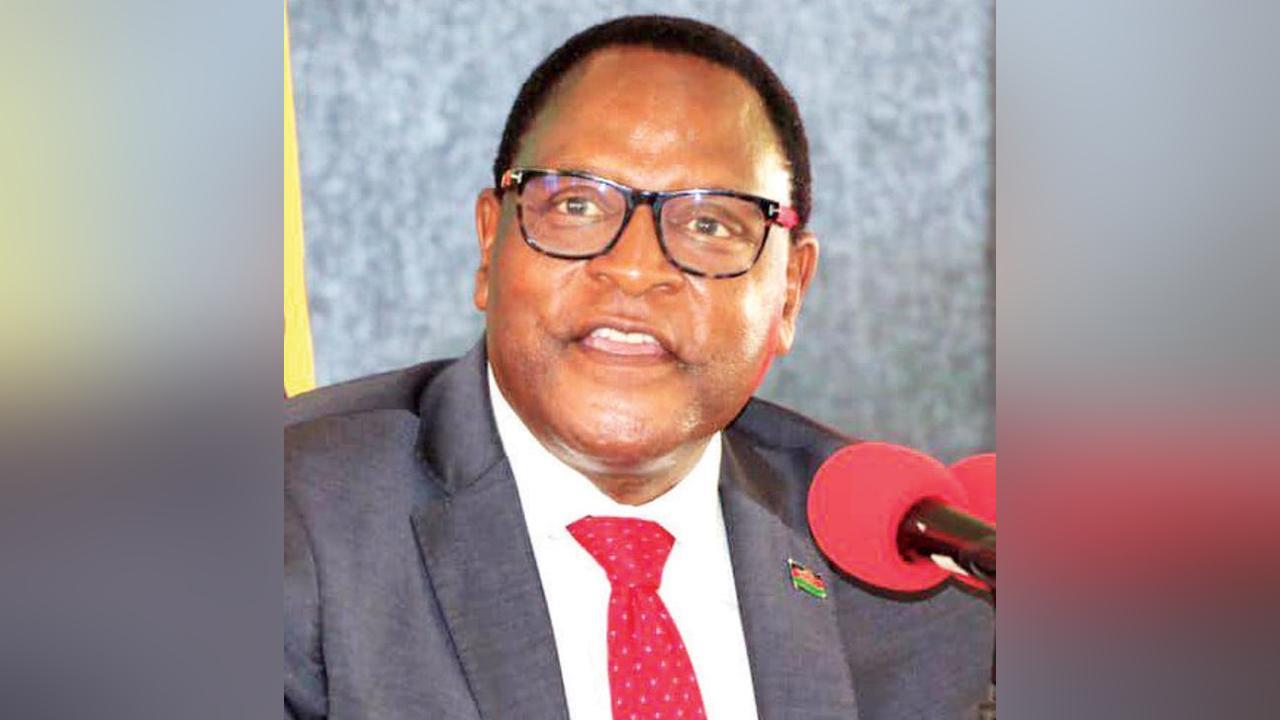Africa-Press – Malawi. Investment management and advisory services firm, Nico Asset Managers, has said it sees mounting pressure on the fiscus in the aftermath of the termination of the Extended Credit Facility (ECF) programme with the International Monetary Fund (IMF).
The $175 million four-year programme automatically terminated on May 14, 2025, as no review had been completed over an 18-month period.
In its May 2025 Monthly Economic Report, released on Friday, Nico Asset Managers said the development is expected to exert significant pressure on government expenditure, potentially compelling the government to seek alternative financing sources.
The firm said the government faces significant risks to its target of reducing the fiscal deficit, including a decrease in support from the country’s development partners.
“As a result, the fiscal deficit may widen, with increased reliance on domestic borrowing and other lenders who may charge higher interest rates, particularly for short-term loans.
“This situation underscores the urgent need for fiscal consolidation and reforms to ensure debt sustainability and restore macroeconomic stability,” reads the report. The fiscal deficit is likely to increase in the short to medium term, putting further upward pressure on interest rates,” the report says.
Speaking during the official opening of the 2025 Malawi International Trade Fair in Blantyre, President Lazarus Chakwera revealed that IMF had demanded reductions in investment programmes such as the National Economic Empowerment Fund, currency devaluation and increases in electricity and fuel prices as conditions for continued financial support.
He added that accepting such conditions would have been detrimental to Malawi’s business community, particularly small-scale enterprises that are dependent on affordable electricity.
“We cannot allow someone to come and lie and tell us that the money is intended to help businesspeople in Malawi, because by increasing the price of electricity, you have killed our salon businesses, hairdressing businesses; all businesses that depend on electricity,” Chakwera said.
He further argued that international financial partners should focus on supporting, rather than undermining, local business development and indicated that his administration would rather forgo IMF funding than accept conditions that would harm the domestic economy.
For More News And Analysis About Malawi Follow Africa-Press






